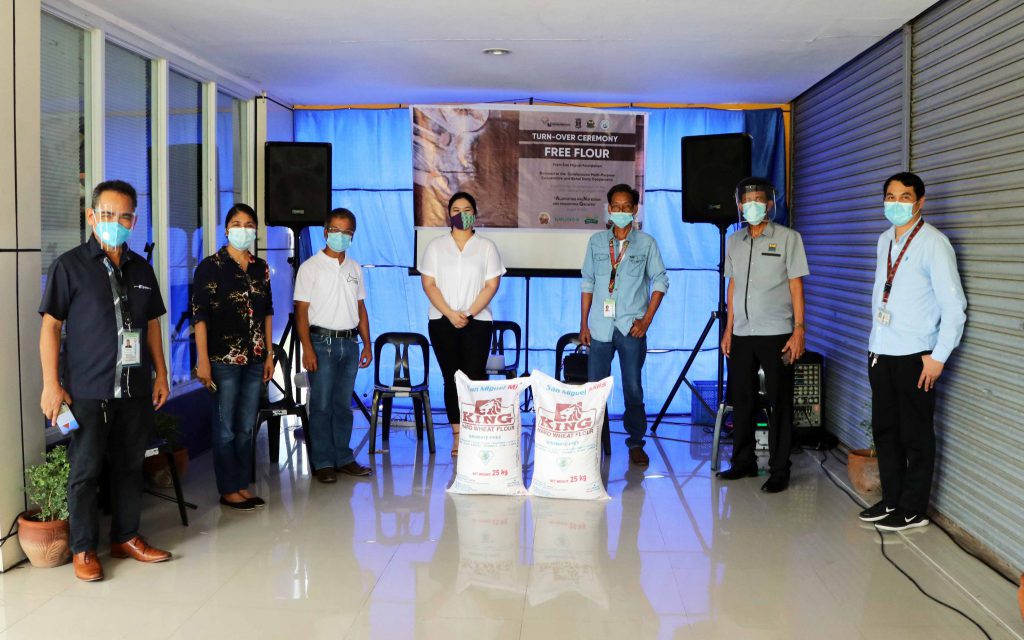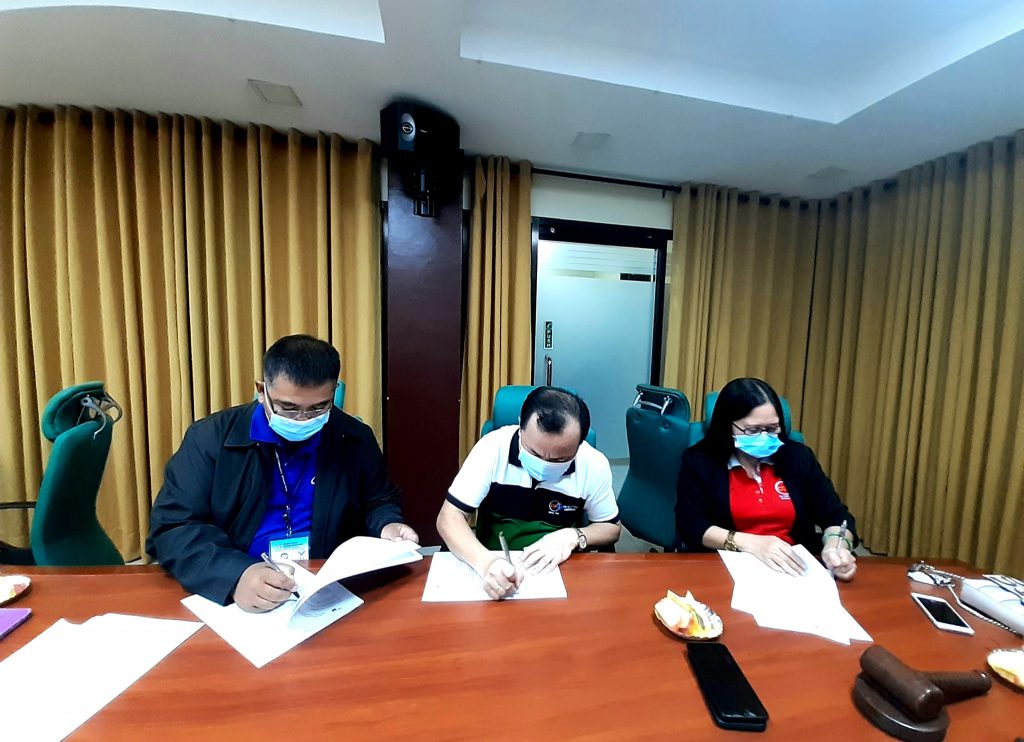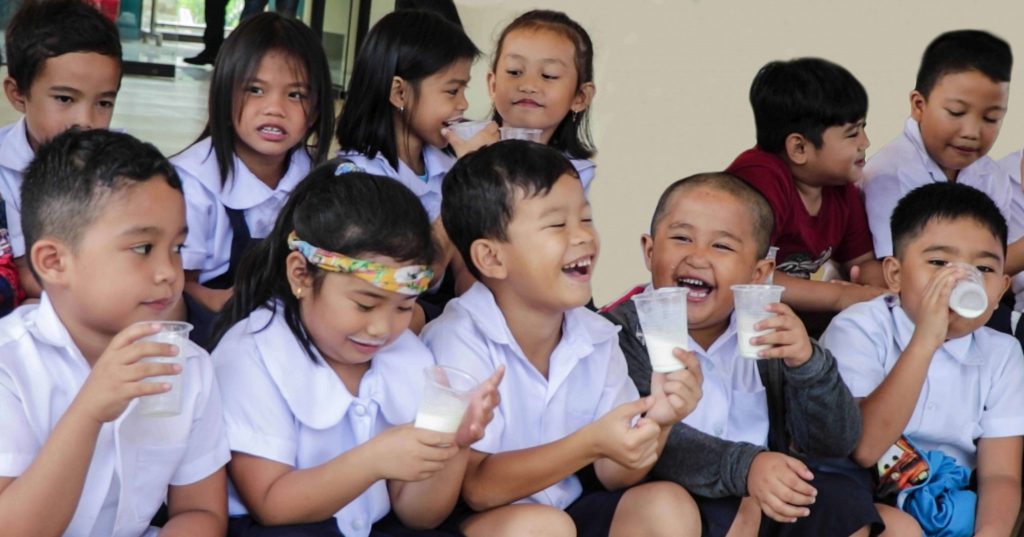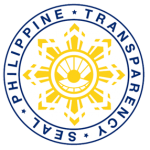Bohol’s dairy stakeholders strengthen collab for ART-ICDP

“The nutrition of a child in the first 1,000 days is very critical to mental development,” Bohol Governor Arthur C. Yap said in his first meeting with dairy stakeholders providing direction to the dairy industry of the province. This signals the conception of a comprehensive, multi-agency, and multi-sectoral dairy development project in Bohol called Agricultural […]
SMF donates bags of flour to CAMPC for MilkyBun prod’n

The Catalanacan Multi-Purpose Cooperative (CAMPC), one of the assisted dairy cooperatives of the Department of Agriculture-Philippine Carabao Center (DA-PCC), received 72 bags (25 kg each) of free flour from the San Miguel Foundation (SMF) for the production of MilkyBun. The free bags of flour donated by SMF, through its Program Assistant Clara Cabrera, is […]
Billionaire co-op in Mindanao inks partnership with DA-PCC for ALAB Karbawan project

The Department of Agriculture-Philippine Carabao Center at Central Mindanao University (DA-PCC at CMU) formally signs agreement with Oro Integrated Cooperative (OIC) in Cagayan de Oro City as the agency’s conduit cooperative for the ALAB Karbawan Project. DA-PCC at CMU Center Director Dr. Lowell Paraguas, Chairperson of the OIC Board of Directors (BOD) Doris Calapiz and […]
DA-PCC, DepEd prep for tie-up program on school-based milk feeding

A total of 394,433 undernourished children are expected to benefit from the implementation of a nationwide School-Based Feeding Program (SBFP) pursuant to Republic Act No. 11037 also known as the “Masustansyang Pagkain para sa Batang Pilipino Act”. Said undertaking is a joint effort of the Department of Education (DepEd) and the Department of Agriculture-Philippine Carabao […]
CDO farmers engage in carabao farming

More than 50 select farmers and their families in Malasag, F.S. Catanico, and Cugman, Cagayan de Oro City, will soon benefit from the Carabao Development Program (CDP) under a Php2 million-worth project that will help usher carabao-based enterprise development (CBED) in said communities. This project was initiated through an orientation activity on the components of […]











